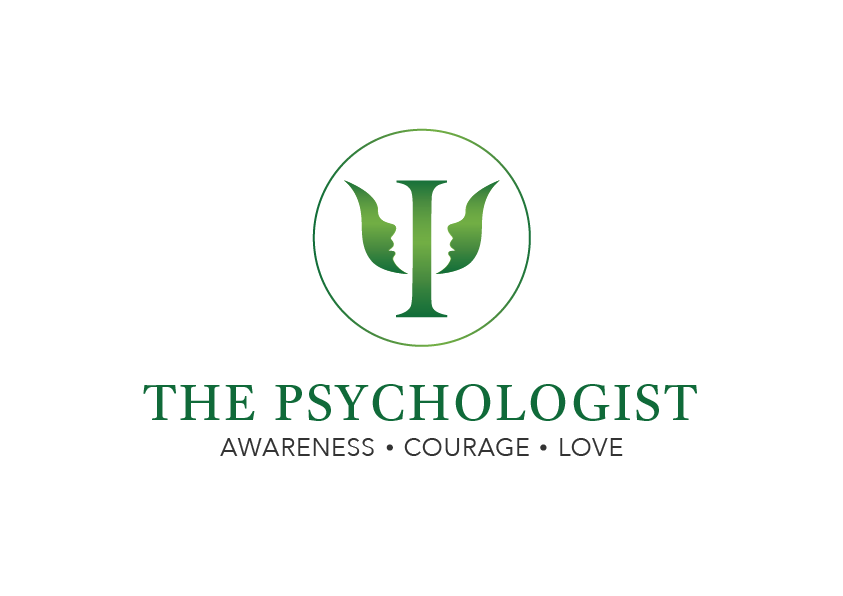Understanding OCD: More Than Just a Quirk
A young woman washes her hands repeatedly before leaving her flat. She knows she’s already done it ten times—but her mind won’t rest. “What if I didn’t do it properly?” She’s not being dramatic. She may be battling Obsessive-Compulsive Disorder (OCD)—a condition that affects nearly 3 in every 100 people in Singapore, yet remains misunderstood and often kept hidden behind closed doors.
OCD is not about being “neat” or “a perfectionist.” It is a serious mental health condition marked by obsessions, intrusive and unwanted thoughts, images, or urges, and compulsions, the repetitive behaviors one performs to try and ease the distress. Obsessions may include fears of contamination, harming others, or a need for exactness. Compulsions could be checking, counting, or seeking reassurance repeatedly.
What makes OCD particularly difficult is its impact on daily life. According to the Singapore Mental Health Study 2016, individuals with OCD were significantly more likely to experience depression, anxiety, chronic pain, and even diabetes. OCD has also been linked to higher rates of suicidal ideation, with sufferers reporting lower quality of life and reduced social support.
Many people live with OCD for years without seeking help. In Singapore, a striking 78.6% treatment gap exists for mental health conditions, with OCD patients among the least likely to receive treatment. Why? Stigma, lack of awareness, fear of being labelled “crazy,” or simply not knowing where to turn.
There are also common myths: that OCD is just about cleanliness, or that people can “snap out of it” with willpower. In truth, OCD has biological, psychological, and environmental underpinnings. It often begins in adolescence or early adulthood and can be worsened by stress, trauma, or personality traits like perfectionism.
But there is hope. OCD can be managed. Cognitive Behavioural Therapy (CBT), with Exposure and Response Prevention (ERP), is considered the gold standard in therapy. For some, medications like SSRIs can help manage symptoms.
Living with OCD takes daily courage. It also takes courage to reach out for help. That’s where love and support from family, friends, and workplaces matter. If you’re supporting someone with OCD, listen without judgment, avoid enabling rituals, and gently encourage professional support. Caregivers too need self-care—it’s a journey shared.
At The Psychologist, we believe that Awareness brings understanding, Courage opens the door to healing, and Love makes the journey less lonely. Whether you’re experiencing OCD yourself or caring for someone who is, know that support is available.
